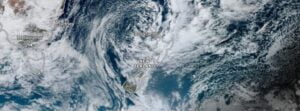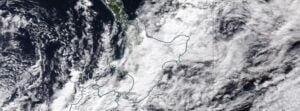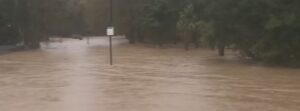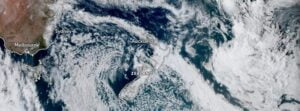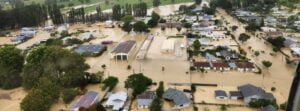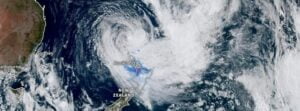Significant westerly wind event triggers severe weather warnings, New Zealand
Over the weekend of September 16 – 17, 2023, New Zealand’s MetService forecasts an intense westerly wind event across the South Island and the southern half of the North Island. This anticipated event could be more disruptive than yesterday’s strong winds, which resulted in power outages in Wairarapa.


